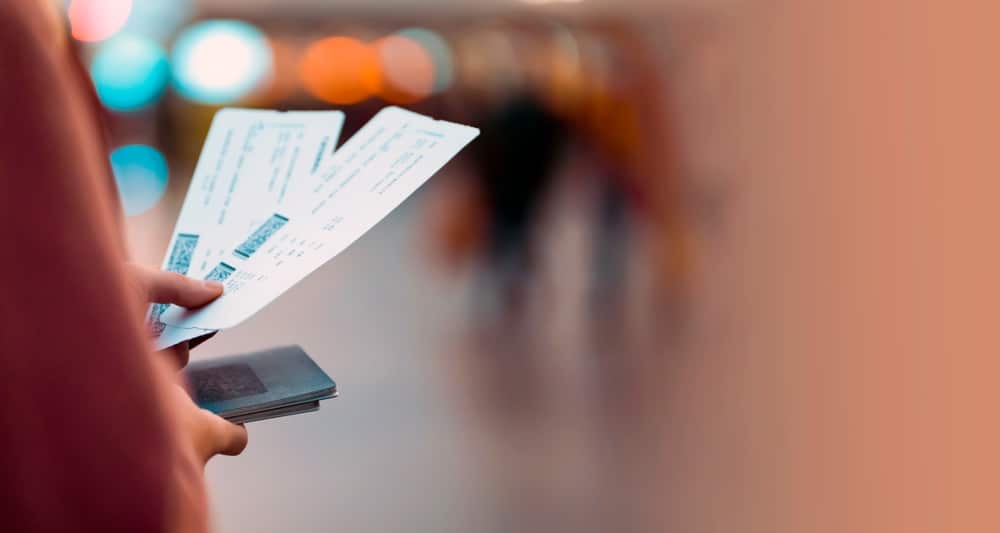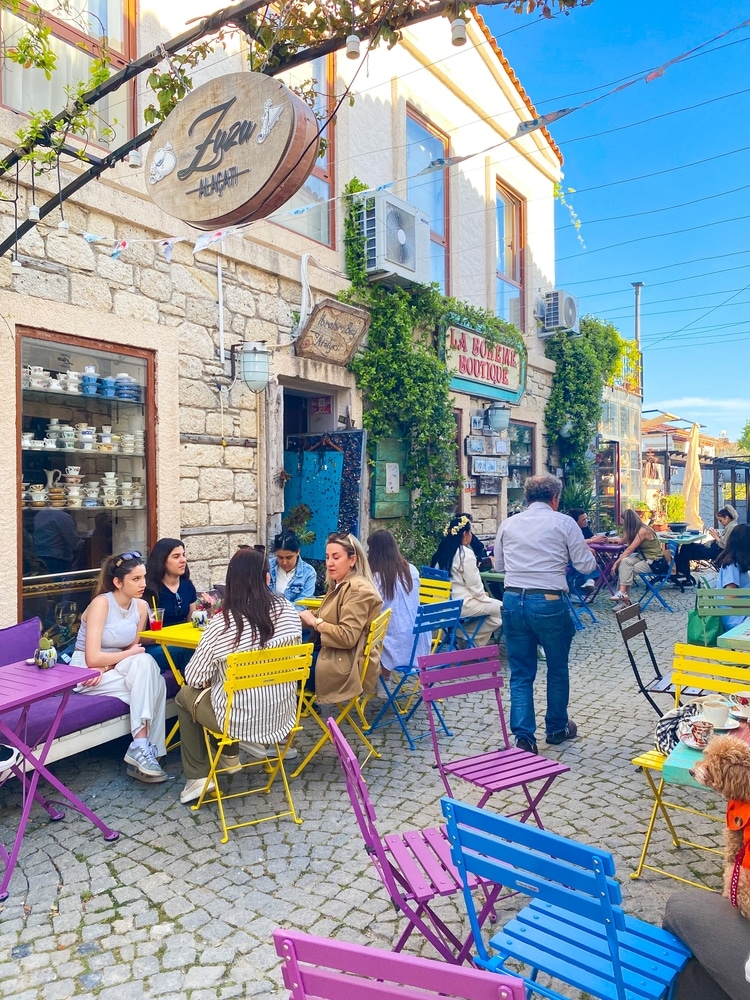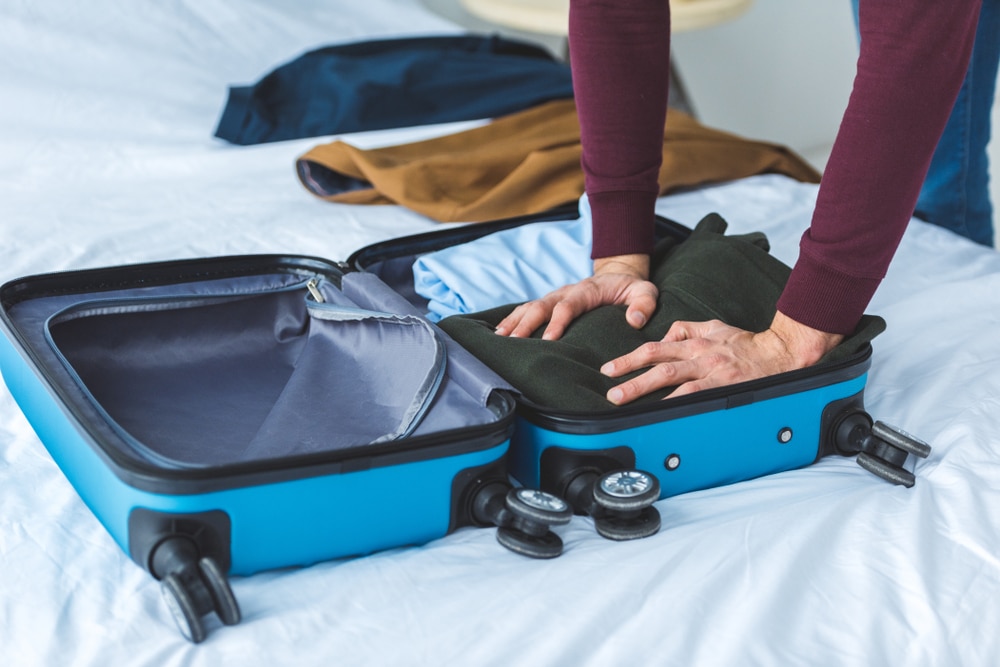Exploring Europe is a dream for many, but the costs can be daunting. Fear not, as a rich cultural experience on a budget is entirely possible. With a little savvy planning, you can travel Europe on a budget of less thanm $1,500. Here’s your guide to making the most of every penny while soaking in the continent’s diverse delights.
Travel Europe On a Budget: Plan Your Adventure
Choosing budget-friendly destinations is the first step in planning your European adventure. Eastern Europe offers a plethora of historically rich cities like Prague, Budapest, and Krakow, where food, lodging, and attractions are significantly cheaper than in their Western counterparts. These cities are known for their stunning architecture, vibrant history, and lively local culture without the hefty price tag.
In Southern Europe, destinations like Lisbon and Seville offer gorgeous weather and unique cultural experiences. Known for their colorful streets and delicious cuisine, these cities combine the charm of Europe with affordability. Plus, many attractions are either free or inexpensive, allowing you to explore without worrying about your wallet.
Don’t overlook smaller towns and countryside experiences. Exploring regions like Slovenia’s Julian Alps or Romania’s Transylvania can offer breathtaking vistas and authentic experiences away from the tourist crowds. Such locales are often less expensive and provide a deeper connection to local traditions and lifestyles.
Budget Airlines: Fly Cheap Across Europe
Europe is home to a network of budget airlines that make hopping from city to city both convenient and affordable. Carriers like Ryanair, EasyJet, and Wizz Air offer tickets at a fraction of the cost of traditional airlines. With some planning, you can secure flights for as low as $20-$30, which dramatically stretches your travel budget.

To take full advantage, remain flexible with your travel dates and be open to flying at odd hours. Use flight comparison websites to monitor prices and set up alerts for deals. Booking in advance or taking last-minute deals can also help you snag the best prices.
However, be mindful of additional costs like baggage fees. Travel light and make use of carry-on allowances to avoid extra charges. Also, consider nearby airports, which often host cheaper flights and provide easy train or bus connections into major cities.
Affordable Accommodations: Hostels and More
When it comes to accommodations, hostels are a budget traveler’s best friend. They offer a social atmosphere and are often located in central city areas, making them perfect for meeting fellow travelers and exploring the local scene. Websites like Hostelworld and Booking.com can help you find clean and affordable options tailored to your preferences.
If hostels aren’t your style, consider other budget-friendly accommodations such as guesthouses, Airbnb, or even couchsurfing. These alternatives can provide more privacy while still being easy on the wallet. Often, local hosts are eager to share insider tips, enhancing your cultural experience.
For the adventurous, camping is another viable option. Europe is dotted with campsites offering beautiful settings at minimal costs. With a small tent and essential gear, you can immerse yourself in nature while keeping expenses low.
Savor Local Flavors Without Breaking the Bank
Food is a significant part of any travel experience, and Europe offers countless opportunities to indulge without overspending. Street food and local markets are your best allies in this quest. From Spanish tapas to Polish pierogi, sampling regional delicacies is both delicious and budget-friendly.
Dining at local bistros and family-run restaurants, especially those away from tourist hotspots, can save you money while providing authentic culinary experiences. Take advantage of set menus, which often offer a full meal at a reduced price.

For those on a tight budget, cooking your meals can be a great option. Many hostels and guesthouses provide kitchen facilities, and local grocery stores offer fresh ingredients at reasonable prices. This not only reduces expenses but allows you to experiment with local recipes.
Navigate Europe on a Budget: Trains, Buses, and Car Shares
Europe’s extensive public transport network makes it easy to travel between cities affordably. Trains are a popular choice, offering scenic routes and comfort. Consider using a Eurail Pass for unlimited travel days within a set period, which can be economical for long journeys.
Buses are often the cheapest option, with companies like FlixBus and Eurolines providing reliable service across many countries. They may take longer than trains, but the savings can be worth the extra time.
For more flexibility, look into car-sharing options like BlaBlaCar, where drivers offer spare seats for a share of the fuel cost. This not only reduces expenses but can also lead to interesting conversations with locals and fellow travelers.
Free and Low-Cost Attractions in Every City
Europe is brimming with free and low-cost attractions. Many cities offer free walking tours, where knowledgeable guides share the history and hidden gems of their hometowns. These tours operate on a tip-based system, making them accessible to budget travelers.
Museums and galleries often have free entry days or discounted rates for students and young travelers. Parks, historic sites, and architectural landmarks can often be enjoyed at no cost, allowing you to soak in the local culture without spending a cent.
Additionally, many cities host free festivals, markets, and events throughout the year. These gatherings offer a taste of local life, music, and cuisine, providing enriching experiences that won’t dent your budget.

Tips for Saving on Day-to-Day Expenses
To maximize your budget, adopt small habits that save money daily. Always carry a reusable water bottle and take advantage of free water refill stations, common in many European cities. This not only saves money but also reduces plastic waste.
Use public transportation and consider purchasing city passes or travel cards for unlimited rides on buses, trams, and metro systems. Walking is another excellent way to explore and discover hidden corners while saving on transit costs.
For connectivity, many European cities offer free Wi-Fi in public areas. Use apps like Maps.me or Google Maps offline to navigate without data charges. Staying connected allows you to plan efficiently and make informed decisions on the go.
Packing Smart: Essentials for Budget Travelers
Packing smartly can prevent unnecessary expenses during your trip. Focus on versatile clothing that can be layered for different weather conditions, reducing the need for additional outfits. A compact, durable backpack is essential for mobility, especially when navigating public transport.

Include a basic first-aid kit with essentials like band-aids, over-the-counter medication, and any personal prescriptions. This saves money and time should minor health issues arise during your travels.
Don’t forget travel adapters for your electronics and a portable charger to keep your devices powered throughout the day. These small items ensure you remain connected and capture memories without interruption.
Traveling through Europe on a budget is an attainable goal with the right strategies. By carefully planning your route, using budget airlines, choosing affordable accommodations, and savoring local delights mindfully, you can explore the rich tapestry of European culture without exceeding $1,500. Embrace the adventure, create unforgettable memories, and discover the charm of Europe without the financial stress. Happy travels!
And make sure the read up on more of our budget traveling tips!




Comments 1